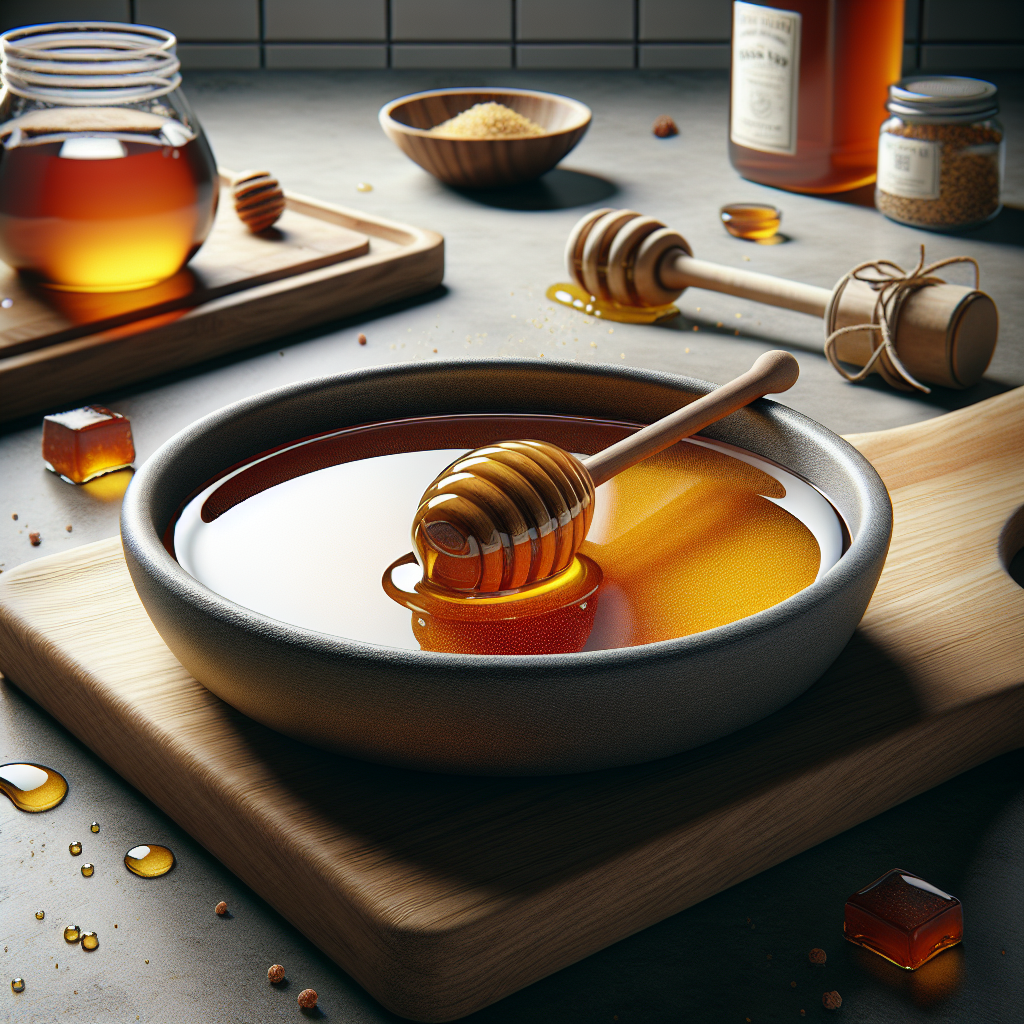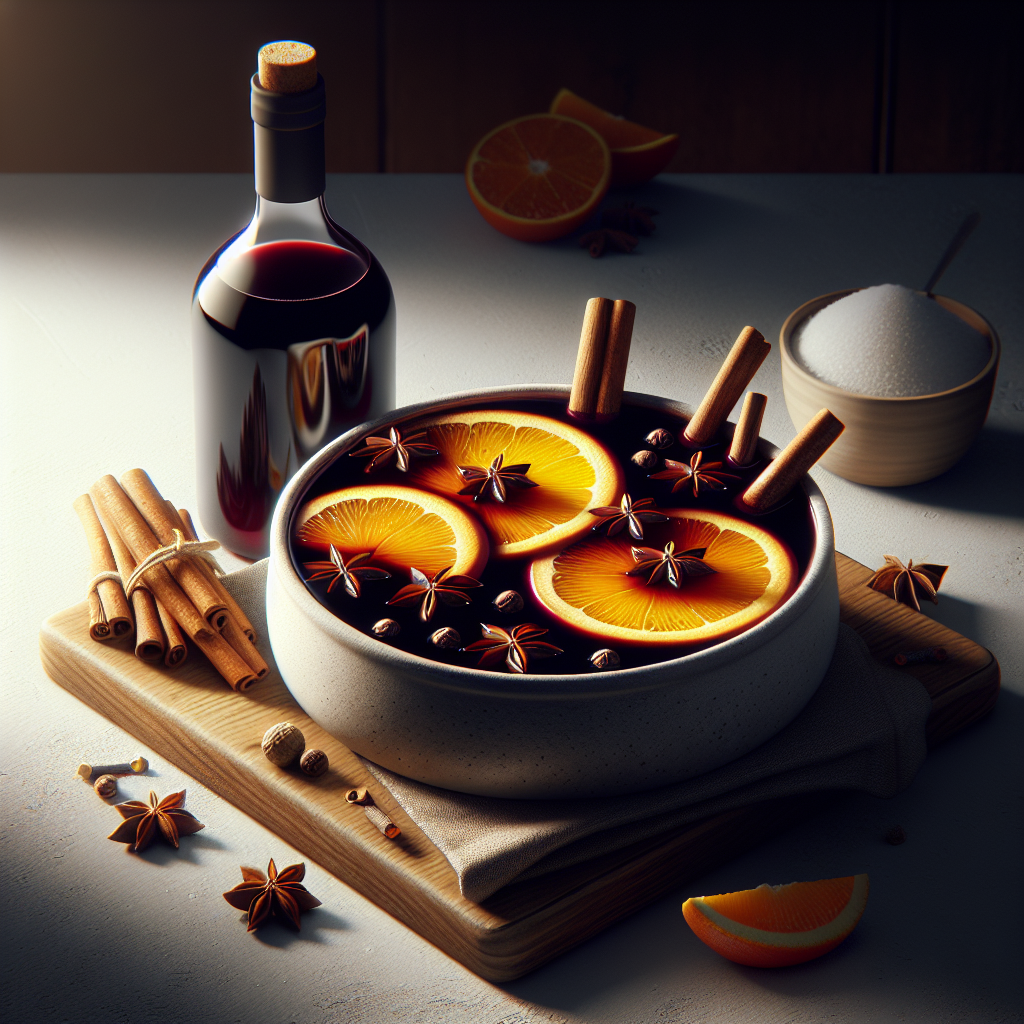Cocktail Hieroglyphs: Ancient Elixirs Decoded

Cocktail Hieroglyphs: Ancient Elixirs Decoded
Introduction
In the art of mixology, one often finds oneself looking back through the annals of history, tracing the roots of our beloved cocktails to their most ancient forms. The term "Cocktail Hieroglyphs" serves as a metaphor for the decoding of these ancient elixirs, which have been passed down through generations, each recipe a piece of a larger puzzle that forms the rich tapestry of beverage history. In this exploration, we will delve into the origins of these elixirs, examining how they have evolved and how they continue to influence the cocktails we enjoy today.
The Dawn of Elixirs
The concept of a "cocktail" as we understand it today is relatively modern, yet the blending of ingredients for consumption dates back thousands of years. Ancient civilizations across the globe were known to combine various herbs, spices, and fermented beverages to create elixirs believed to have medicinal, spiritual, or celebratory properties.
Ancient Egypt
The ancient Egyptians, renowned for their advanced understanding of chemistry and medicine, crafted beverages that were both functional and ceremonial. One such beverage was a honey-based drink flavored with various herbs and spices. This concoction, often depicted in hieroglyphs, was not only a means of sustenance but also a ritualistic offering to the gods.
Mesopotamia
In Mesopotamia, the Sumerians were known to brew beer from barley, which was often flavored with dates and other fruits. The "Hymn to Ninkasi," a 3,800-year-old poem, details the brewing process, revealing the Sumerians' reverence for their beverages. These early beers were not only a source of nourishment but also played a central role in religious and social gatherings.
The Influence of Ancient Elixirs on Modern Cocktails
As we transition from ancient elixirs to modern cocktails, it is essential to recognize the continuity of certain elements. The use of honey, herbs, and spices in ancient beverages finds its echo in contemporary mixology, where these ingredients are often used to add depth and complexity to drinks.
The Honeyed Legacy
Honey, a staple in ancient elixirs, continues to be a popular sweetener in cocktails. Its natural sweetness and subtle floral notes make it an excellent base for many drinks. For instance, the Honey Syrup used in various cocktails today can be traced back to the honey-based beverages of ancient Egypt.
Honey Syrup

A versatile sweetener used in cocktails, with roots in ancient Egyptian elixirs.
Ingredients:
- 1 part honey
- 1 part water
Instructions:
- Combine honey and water in a saucepan.
- Heat gently, stirring until the honey is fully dissolved.
- Allow to cool, then store in a sealed container in the refrigerator.
The Spice Route
Spices such as cinnamon, ginger, and cardamom, which were used in ancient beverages to enhance flavor and provide medicinal benefits, are now common in modern mixology. The Mulled Wine of medieval Europe, for example, evolved from ancient spiced beverages and remains a popular winter drink.
Mulled Wine

A warm, spiced wine with origins in medieval Europe, inspired by ancient spiced beverages.
Ingredients:
- 1 bottle red wine
- 1 orange, sliced into rounds
- 8 whole cloves
- 2 cinnamon sticks
- 2 star anise
- 2-4 tablespoons sugar, honey, or maple syrup to taste
- Optional: 1/4 cup brandy or orange liqueur
Instructions:
- Combine the wine, orange slices, cloves, cinnamon, star anise, and sweetener in a large pot.
- Heat over medium heat until the wine is steaming, but not boiling.
- Reduce heat to low, cover, and let simmer for at least 15 minutes or up to 3 hours.
- Strain the wine to remove the spices and orange slices, then stir in the brandy or orange liqueur if using.
- Serve warm in mugs, garnished with a fresh orange slice or cinnamon stick if desired.
The Art of Decoding Ancient Elixirs
Deciphering the recipes of ancient elixirs is akin to translating a foreign language. The hieroglyphs of ancient Egypt, the cuneiform of Mesopotamia, and the scrolls of ancient Greece all contain clues to the ingredients and methods used in these early beverages. Modern mixologists, armed with historical knowledge and a passion for experimentation, have been able to recreate these ancient elixirs, often with surprising results.
The Role of Archaeology
Archaeology plays a crucial role in uncovering the secrets of ancient beverages. Excavations have revealed pottery fragments, brewing vessels, and even residue of fermented liquids, providing tangible evidence of the beverages consumed by our ancestors. The study of these artifacts, combined with textual analysis of ancient writings, allows us to piece together the recipes and rituals associated with these elixirs.
The Influence of Historical Figures
Historical figures have also played a significant role in the preservation and evolution of ancient elixirs. For instance, the Greek physician Hippocrates, often referred to as the "Father of Medicine," documented the use of wine as a medicinal beverage. His writings provide valuable insights into the ingredients and methods used in ancient Greece, influencing the development of later medicinal and celebratory drinks.
The Continuity of Tradition
While the recipes and ingredients of ancient elixirs may seem foreign to us today, their influence on modern mixology is undeniable. The continuity of tradition is evident in the use of similar ingredients and techniques, as well as in the cultural significance of these beverages.
The Ritual of Preparation
The preparation of ancient elixirs was often a ritualistic act, imbued with symbolism and meaning. This ritualistic aspect is mirrored in the modern art of mixology, where the careful selection and blending of ingredients, the choice of glassware, and the presentation of the drink all contribute to the overall experience. The act of crafting a cocktail is not merely about mixing liquids; it is a form of storytelling, a connection to the past, and a celebration of the present.
The Social Aspect
In ancient times, beverages were often consumed as part of social and religious gatherings, fostering a sense of community and shared experience. This social aspect remains a fundamental part of modern cocktail culture, where the act of sharing a drink with friends or strangers alike is a universal language of connection and conviviality.
Conclusion
The journey from ancient elixirs to modern cocktails is a testament to the enduring power of these beverages to bring people together, to heal, and to celebrate. By decoding the "hieroglyphs" of ancient recipes, we not only gain a deeper understanding of our mixological heritage but also enrich our appreciation for the drinks we enjoy today. As we raise our glasses, let us toast to the past, present, and future of this timeless art, and to the continued exploration of the ancient elixirs that have shaped our world.